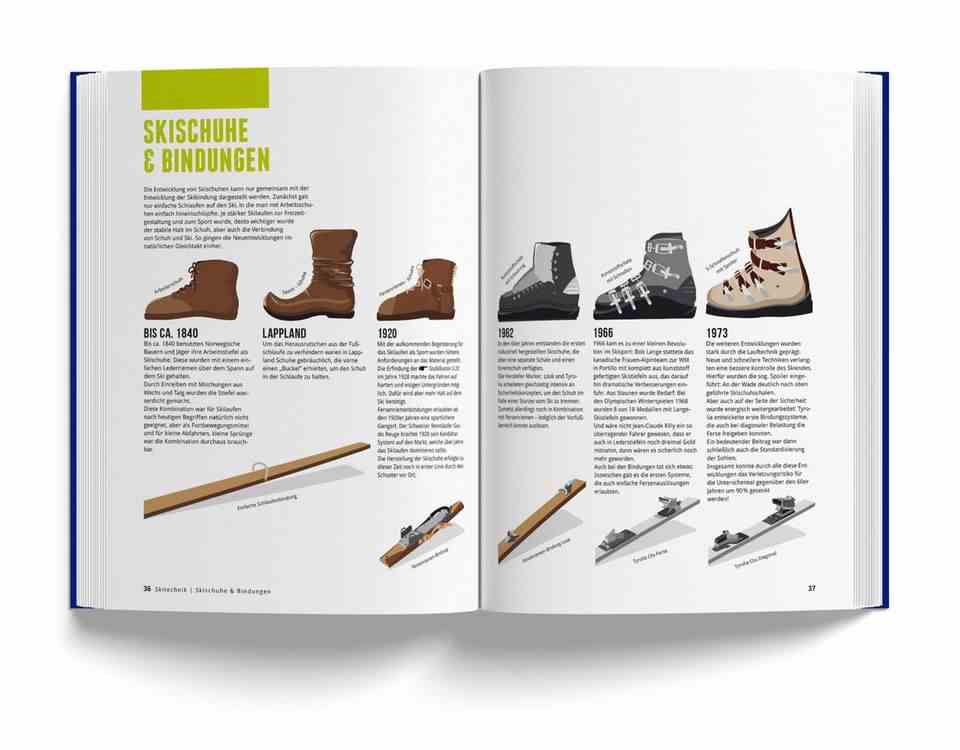In Bavaria and Austria
Winter vacation: Skiing is becoming ten percent more expensive on average
Winter holidaymakers will have to plan more money for ski passes in the 2022/23 season
© Gian Ehrenzeller/KEYSTONE/DPA
The winter sports resorts are still waiting for heavy snowfall. But one thing is already certain: winter sports enthusiasts have to reckon with price increases due to the high energy costs for lift operators and for artificial snow production.
In the coming winter, skiing in ski areas on both sides of the Bavarian-Austrian border will be around ten percent more expensive on average. Apart from that, the operators are preparing cost-cutting measures intended to mitigate the increase in energy costs. This ranges from shorter snow-making times and reduced seat heating to no night skiing with floodlights, as six ski areas reported on request.
In Garmisch-Partenkirchen, for example, the price of a day ski pass for adults will increase from 50 to 55 euros compared to last season, and there will be an additional 2 euros each at Christmas and during the carnival holidays. The situation is very similar in the Christlum am Achensee ski area in Tyrol, which is popular with Upper Bavarian skiers: an adult ticket should cost 55 instead of 50 euros, according to managing director Nina Kofler.
At the Bergbahnen Oberstdorf Kleinwalsertal – the German-Austrian merger of six areas in the Allgäu and Vorarlberg – the day ski pass is also 5 euros or almost ten percent more expensive, the new price is 57.50 euros. “That’s the industry average,” says Marketing Manager Jörn Homburg.
In fact: This also applies to Kitzbühel and its neighboring ski areas in Kirchberg and Mittersill: “The ticket prices have been adjusted between nine and ten percent compared to the previous year, due to the high energy costs,” says a spokeswoman for the “KitzSki” association.


